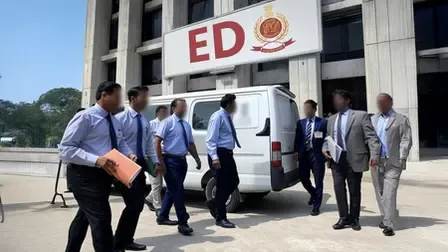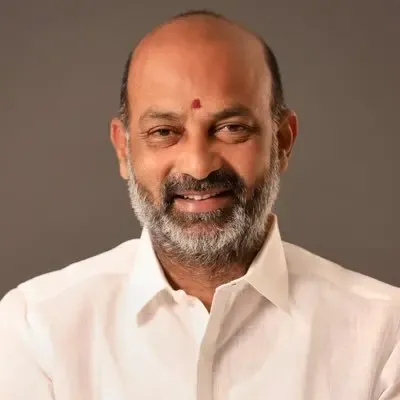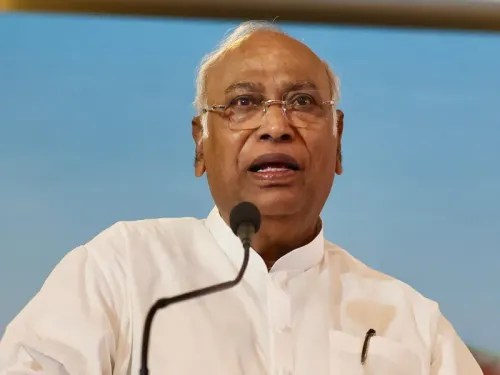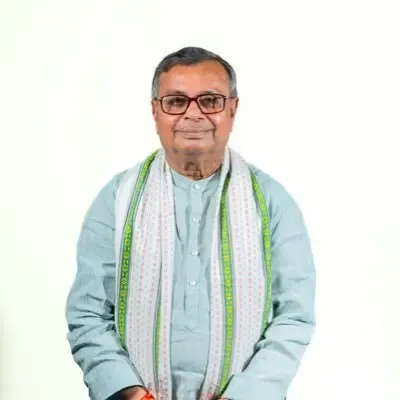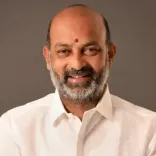Tamil Nadu Government Omits Rupee Symbol from Budget Amid Language Dispute with Centre
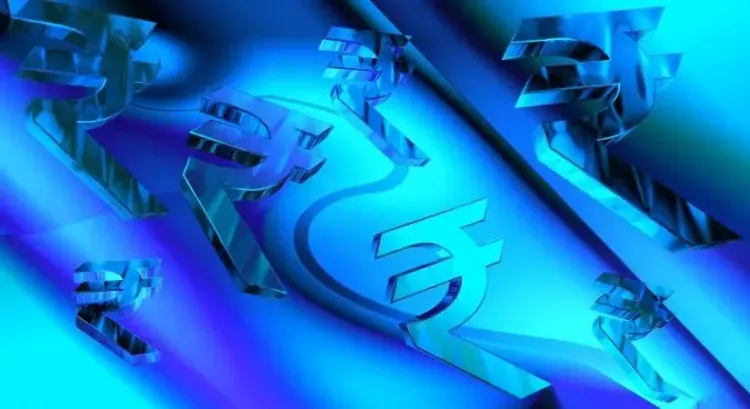
Synopsis
Key Takeaways
- Tamil Nadu removes rupee symbol from budget.
- This marks a historic first for any state.
- Ongoing disputes with the Centre over NEP.
- Central government withheld ₹573 crore in education funds.
- Stalin emphasizes support for two-language policy.
Chennai, March 13 (NationPress) In the midst of ongoing tensions with the Centre regarding the National Education Policy (NEP) and various other matters, the DMK-led Tamil Nadu government has opted to eliminate the official rupee symbol from its 2025-26 Budget, substituting it with the Tamil script equivalent.
This decision represents a historic first, as no state has previously rejected the national currency symbol.
The 2025-26 Budget will be presented by Finance Minister Thangam Thennarasu on Friday.
Tamil Nadu has persistently resisted implementing significant components of the NEP 2020, especially the controversial three-language policy. Consequently, the Central government has withheld ₹573 crore in educational support under the Samagra Shiksha Abhiyan (SSA). Per policy guidelines, states must adhere to NEP stipulations to secure SSA funding, with the Centre financing 60% of allocations for states like Tamil Nadu.
Chief Minister M.K. Stalin recently spearheaded a statewide demonstration against the Union government on March 11, denouncing both the NEP and the proposed delimitation exercise, which he characterized as a threat to the interests of South India.
During a public rally, Stalin stated: "We oppose NEP because it will completely destroy Tamil Nadu’s education system. The policy disregards reservation, which is the foundation of social justice. It denies financial assistance to Scheduled Castes (SCs), Scheduled Tribes (STs), and Other Backward Classes (OBCs)."
Tamil Nadu has traditionally perceived the three-language policy as an imposition of Hindi. Stalin accused the Centre of leveraging funding against states resistant to adopting central directives.
"Is there a greater example of anarchy than stating, 'If you do not adopt Hindi, we will not provide funds'?" he questioned.
He reaffirmed Tamil Nadu's commitment to its two-language policy (Tamil and English), which has been in effect since 1968.
Critiquing the Union government’s strategies, Stalin urged Prime Minister Narendra Modi to prioritize national development over promoting Hindi. He challenged the financial investments in Sanskrit, a language he claimed has limited speakers, while Tamil, a globally spoken language, is being neglected.
Stalin’s remarks followed accusations from Union Education Minister Dharmendra Pradhan, who alleged that the DMK was exploiting the language issue to bolster its political relevance. Pradhan labeled the DMK’s opposition to the NEP’s three-language plan as "hypocritical" and nothing more than a "political maneuver." In response, Stalin asserted that "the Tamil people do not need a lecture on democracy from him."

